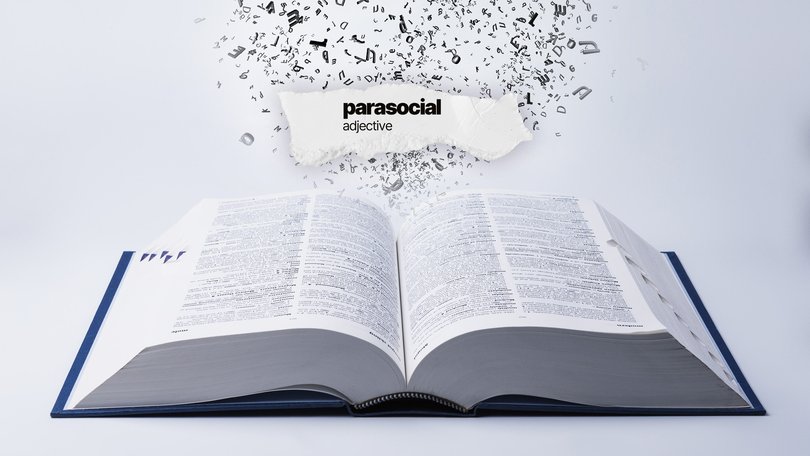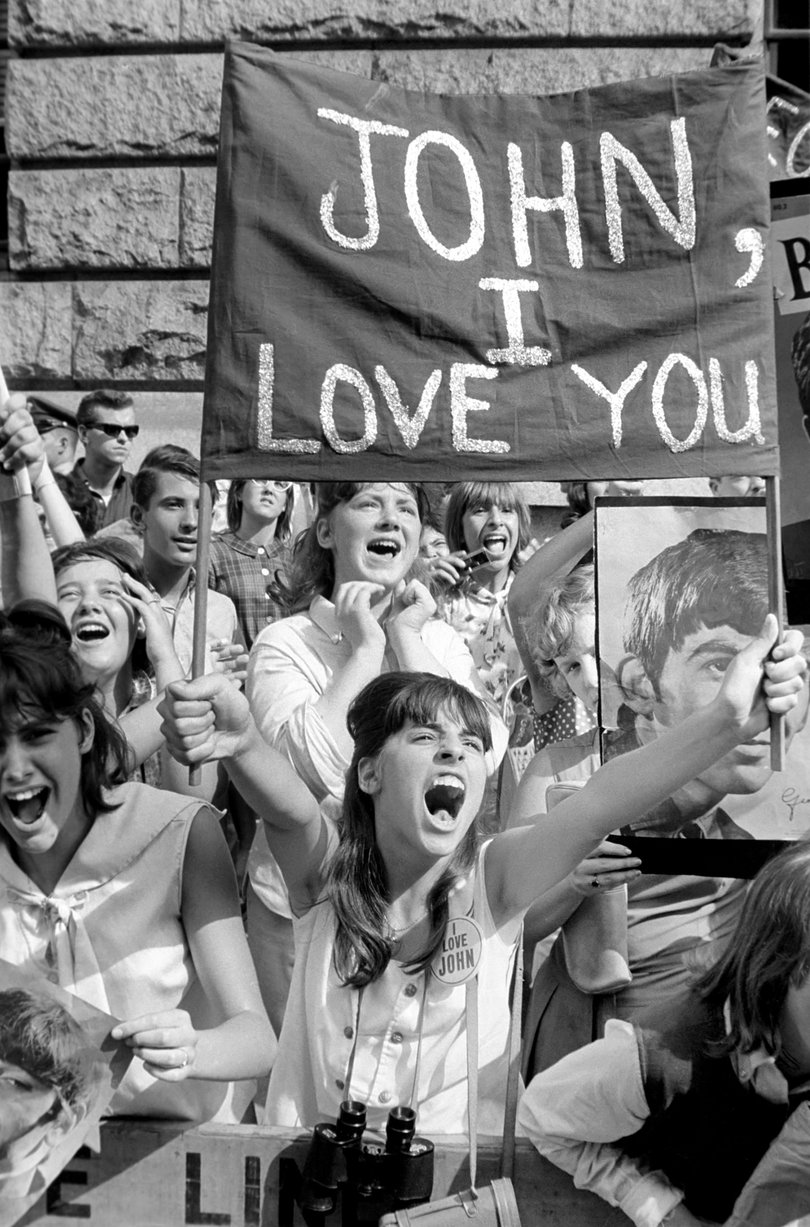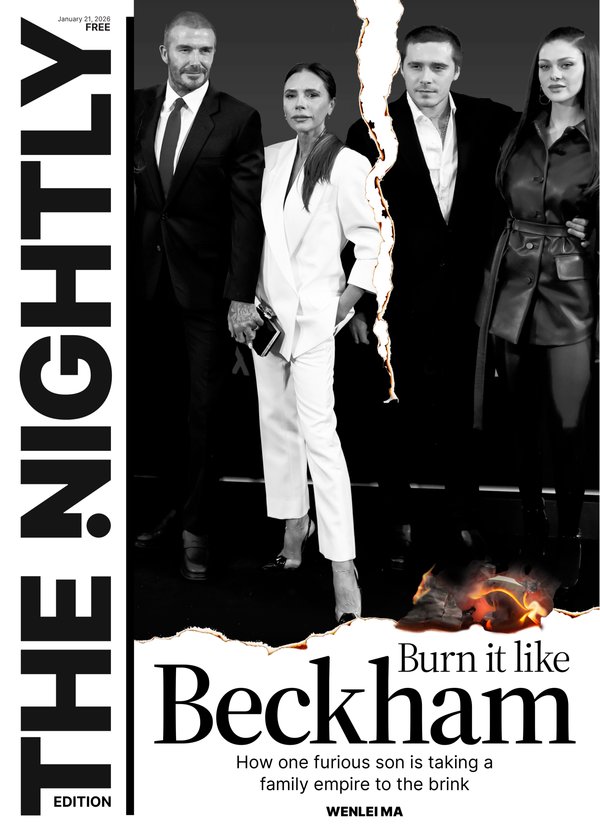What does parasocial mean? Cambridge Dictionary coins term as Word of the Year

As social media tightens the bond between fans and their favourite celebrities, and as AI companions surge in popularity, the word “parasocial” has stepped into the spotlight.
Now, the word for that one-way connection has officially been crowned Word of the Year by Cambridge Dictionary.
What does parasocial mean?
Sign up to The Nightly's newsletters.
Get the first look at the digital newspaper, curated daily stories and breaking headlines delivered to your inbox.
By continuing you agree to our Terms and Privacy Policy.The term describes the feeling of closeness to someone who doesn’t know you exist, whether that’s a celebrity, fictional character, or even an AI chatbot.
Cambridge Dictionary defines it as “involving or relating to a connection that someone feels between themselves and a famous person they do not know, a character in a book, film, TV series, etc., or an artificial intelligence”.
So, if you’ve ever felt like your favourite streamer or pop star is basically your best friend, you’ve experienced what is being called parasocial devotion.
Why is it trending?
Social media has blurred the lines between fans and stars, creating an illusion of intimacy through curated posts and live streams. Add AI companions into the mix, and suddenly, parasocial relationships aren’t just about celebrities anymore.
Searches for the term spiked on June 30, 2025 when YouTube streamer IShowSpeed blocked a fan who called themselves his “number 1 parasocial”.
The fan posted a thread about the popular streamer’s breakup with singer Vanessa Anne that was so unsettling he had to take action. The fan’s reaction, begging him to unblock her, went viral and sent searches of the term soaring.
By September, Cambridge updated its definition to include relationships with artificial intelligence, following heated debates about the mental health impact of personalised chatbots from companies like Meta, X and OpenAI.
Celebrity culture still plays a huge role. When Taylor Swift announced her engagement to NFL star Travis Kelce via Instagram in August, fans reacted like they were getting a text from a close friend.
Posts by fans saying “I’m not being parasocial about it” flooded social media, proving just how deeply the term has entered the pop culture realm.
Cambridge Dictionary’s chief editor, Colin McIntosh, says the word “captures the zeitgeist of 2025,” noting its leap from academic jargon to everyday language.
“Parasocial stood out in 2025 for several reasons,” he said.
“Public interest in the term increased massively this year, as we can see from our data: the number of searches for it in the Cambridge Dictionary as well as on Google spiked on several occasions.”
“It’s interesting from a language point of view because it has made the transition from an academic term to one used by ordinary people in their social posts.”
Centuries of parasocial relationships
While the term has surged in popularity in 2025, parasocial relationships are nothing new. They date back as far as the early 19th century, starting with poets and authors.
Lord Byron became an instant celebrity after the publication of Childe Harold’s Pilgrimage. He received floods of letters, mostly from women, who felt a deep, personal connection to him.
Fast forward to the 1960s and Beatlemania took parasocial devotion to new heights. Fans obsessed over every detail of the British band’s lives, worshipping band members and breaking into hotels to catch a glimpse of their idols.

Decades later, the same phenomenon exploded with Justin Bieber and One Direction, inspiring superfans to learn everything they possibly could about their favourite stars.
The baton has now been handed over to influencers and content creators.
Professor of Experimental Social Psychology at the University of Cambridge, says people are turning to individual personalities as authorities as their trust in mainstream and traditional media diminishes.
“When they spend many hours consuming their content (they) develop parasocial bonds, treating them more like close friends, family or cult leaders,” she said.
“When an influencer has so many followers, people assume they are trustworthy.
“This leads to a sense that people ‘know’ those they form parasocial bonds with, can trust them and even to extreme forms of loyalty. Yet it’s completely one sided.”
